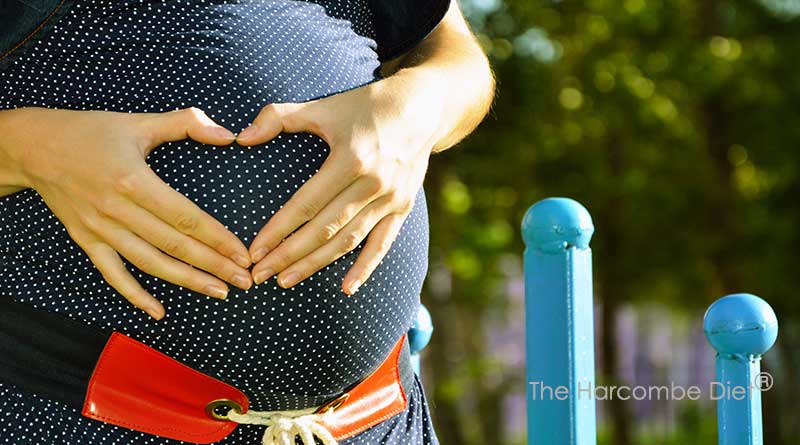Low carb diets & getting pregnant

On 5th July 2017, there were headlines in the media: “Go ‘low carb’ to increase fertility chances by five times, experts say.”
The headlines have come from a presentation given by Dr Gillian Lockwood, executive director of fertility group IVI, at the annual conference of the European Society of Human Reproduction and Embryology, which has been held in Geneva between 2-5 July.
As this came from a conference speech, there is no published paper that I can review, so I need to rely on reports from journalists attending the conference. (A paper is likely to be published in time.)
Dr Lockwood shared research from a US trial involving 120 women undergoing IVF. The study was undertaken by the Delaware Institute for Reproductive Medicine (DIRM) in Newark. The women were split into two groups, depending on the balance of protein and carbohydrate in their diet. 58% of those in the ‘low carb’ group (where at least a quarter of their diet was protein) went on to have a baby. In the ‘high carb’ group, where less than a quarter of daily calorie intake came from protein, just 11% were successful in having a baby.
Researchers concluded that those trying for a baby should aim for up to 35% protein and less than 40% carbohydrate. Dr Lockwood says that she now advises all patients to cut their carbohydrate intake, amid “a growing body of evidence linking such foods to impaired fertility“. Specifically patients are advised to eat plenty of fresh vegetables and protein and to limit their (starchy) carbohydrate intake to just one group and portion a day e.g. toast for breakfast OR sandwich for lunch OR pasta for dinner – just one carb meal. Women were also advised to eat dairy foods “as cholesterol is the ‘building block’ for all the reproductive hormones“, Dr Lockwood said.

There were a few interesting things about this study:
1 It wasn’t a randomised controlled trial (where people are randomly assigned to an intervention or a control group. In this case, the intervention could have been a low-carb diet and the control a ‘continue with your normal’ diet.) This was a study looking at the current diet of 120 women and observing that those who consumed more protein and less carbohydrate were far more likely to go on to have a baby.
2 There are three macro nutrients – carbs, fat and protein – this study only comments on two of them. This study doesn’t tell us anything about replacing carbohydrate with fat for fertility. Interestingly, the usual fat phobia seems implicit in this study – the recommended up to 35% protein and less than 40% carbohydrate leaves 25% for fat. “Less than 40% carb” could mean “5% carb and 60% fat”, but that’s not the impression given by the information we have. This seems to be saying as much about the value of protein as the lack of value of carbohydrate therefore. The headlines could have been “Eat protein to get pregnant”?!
3 The difference in incident rates – 58% vs 11% having a baby – is huge. The first test for the Bradford Hill criteria is “strength of association” and this needs to be double for something to be likely a cause and not just something observed at the same time. This has a strength of association of five times – not just twice – and therefore is genuinely interesting and significant.
4 The dietician comment in The Telegraph article was predictable from the group that promotes carbs above anything else: “As dietitians we don’t promote demonising nutrients, but paying attention to diet, encouraging moderation and portion control both pre and during pregnancy are extremely important for mum, dad and baby.” How about the following for a much better comment? “This is a seriously high strength of association and will clearly be of great interest to those desperate to have a baby. As carbs are completely non-essential in any human diet, there can be no harm in cutting out starchy carbs altogether, while enjoying the micro nutrients provided by vegetables.” Ooh look – there’s a pig flying by! ;-)
I can see no harm whatsoever from cutting out starchy carbs from any diet [except maybe Michael Phelps!] – not just in those trying to conceive. You will likely lose weight and gain health. Replace the largely useless starchy carbs with super nutritious foods: meat; fish; eggs; dairy products; nuts; seeds; vegetables; fruits in season etc and you will do yourself – and hopefully your baby-to-be – a favour.

